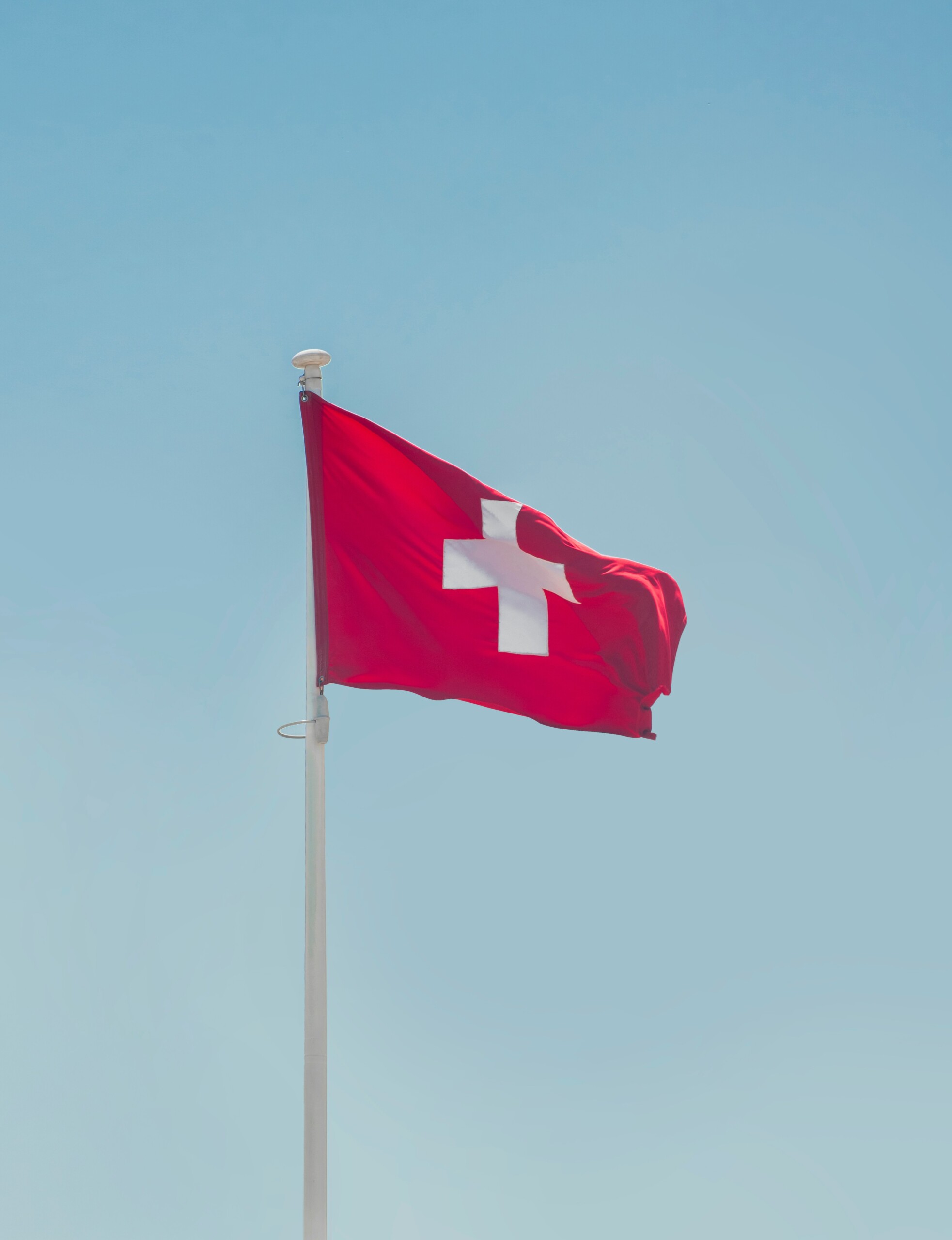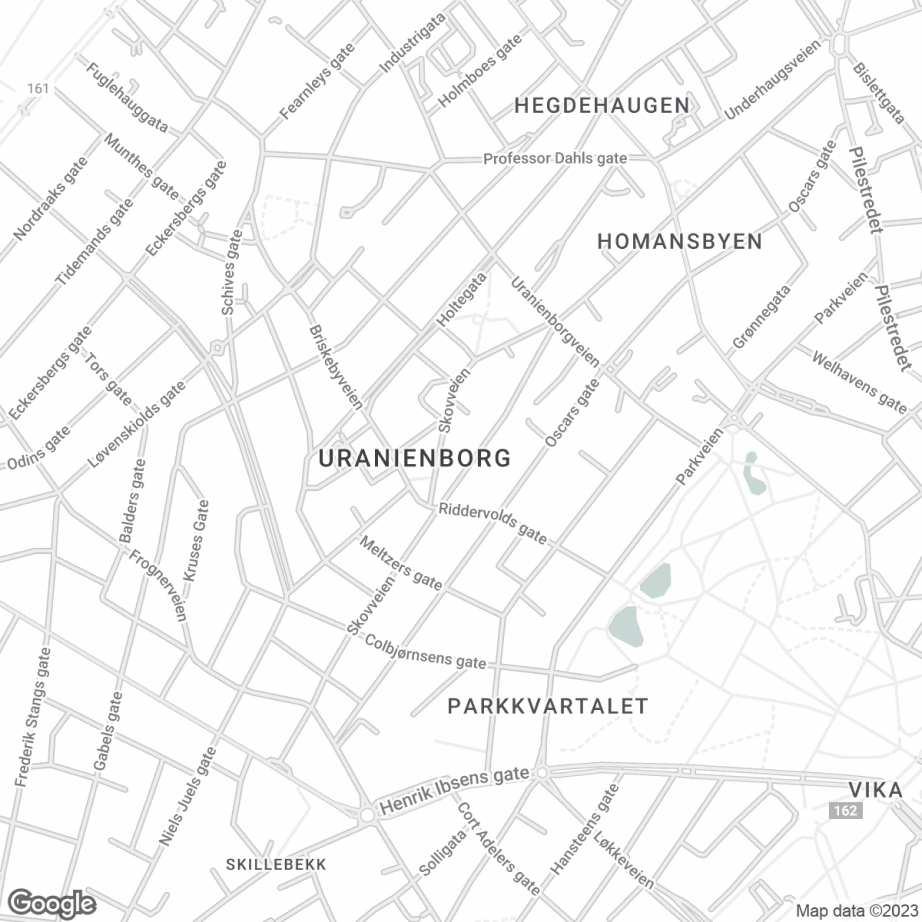On 20 December 2024, the Swiss Federal Council approved a package of agreements with the European Union (EU) without full knowledge of its contents. The agreements involve Switzerland dynamically adopting EU law, monitoring of Switzerland by the European Commission and dispute resolution overseen by the Court of Justice of the European Union (CJEU). In exchange, Switzerland secures preferential market access for its industry, excluding service providers.
This text examines the implications of the packageI, its position in EU policy towards third countries, the negotiation process and the dispute resolution mechanism’s credibility.
EU’s Approach to Third-Country Agreements
The EU offers various levels of integration and forms of cooperation for non-member states, ranging from full membership to mere free trade agreements:
– EU Membership: Full participation in EU institutions, voting rights, participation in the single market and in the common policies, comprehensive access to European justice for citizens an economic operators.
– EEA Membership (EFTA Side): Dynamic adoption of EU law with co-determination, access to the single market but no participation in common policies, and an independent EEA /EFTA monitoring and judicial structure, comprehensive access to European justice for citizens an economic operators.
– Docking Model: Sectoral access to the single market with dynamic adoption of EU law and co-determination, alongside oversight by EEA /EFTA institutions (EFTA Surveillance Authority and EFTA Court).
– Ukraine Model: EU Commission oversight, dispute resolution by arbitration tribunals but with an CJEU interpretation monopoly for singe market law, no access to European justice of citizens an economic operators.
– Free Trade Agreement: No legal alignment with the EU, no preferential market access, and dispute resolution by true arbitration tribunals.
Institutionally, Switzerland’s agreement package mirrors the Ukraine model, which is designed for countries transitioning toward EU membership rather than well-established democracies with mature, independent legal systems. This raises concerns about its suitability for the unique political and legal landscape of the old democracy Switzerland.
The Negotiation Process and Its Controversies
The negotiation process has been marked by opacity and limited democratic scrutiny. Key concerns include:
– Institutional Concessions Without a Mandate: In 2013, Switzerland conceded to EU monitoring and CJEU legal supremacy in a confidential ‘Non-Paper.’ Further commitments were made behind closed doors in a ‘Common Understanding’ in 2023.
– Federal Council’s Approval Without Full Knowledge: The Swiss government approved the package in December 2024 without having seen the final text. Even today, the definitive version remains unavailable.
– Attempt to sideline the Cantons: In 2024, the Swiss Federal Office of Justice sua sponte issued a controversial legal opinion suggesting that requiring also a majority approval from the cantons in referendum would be unconstitutional.
These procedural flaws may undermine confidence in the agreement’s legitimacy and raise questions about its compatibility with Switzerland’s direct democratic principles.
The Dispute Resolution Mechanism – A Feature of an Unequal Treaty?
One of the most debated aspects of the package is its dispute resolution mechanism. Proponents argue the crucial element is essentially an independent arbitration process, while critics claim it effectively places Switzerland under CJEU jurisdiction. International legal experts have raised concerns:
– Franklin Dehousse (Belgium): Calls it ‘judicial imperialism.’ – Mads Andenas (Norway): Describes it as a ‘poor man’s EEA.’
– Beth Oppenheim (UK): Labels the arbitration tribunal a mere ‘fig leaf’ for CJEU control.
– Guillaume van der Loo (Belgium): Warns of a significant sovereignty transfer to the EU.
– Martin Howe KC (UK): Suggests the tribunal acts as a ‘rubber stamp’ for CJEU rulings.
These assessments indicate that the arbitration tribunal may lack true independence, ultimately limiting Switzerland’s sovereignty in international disputes.



